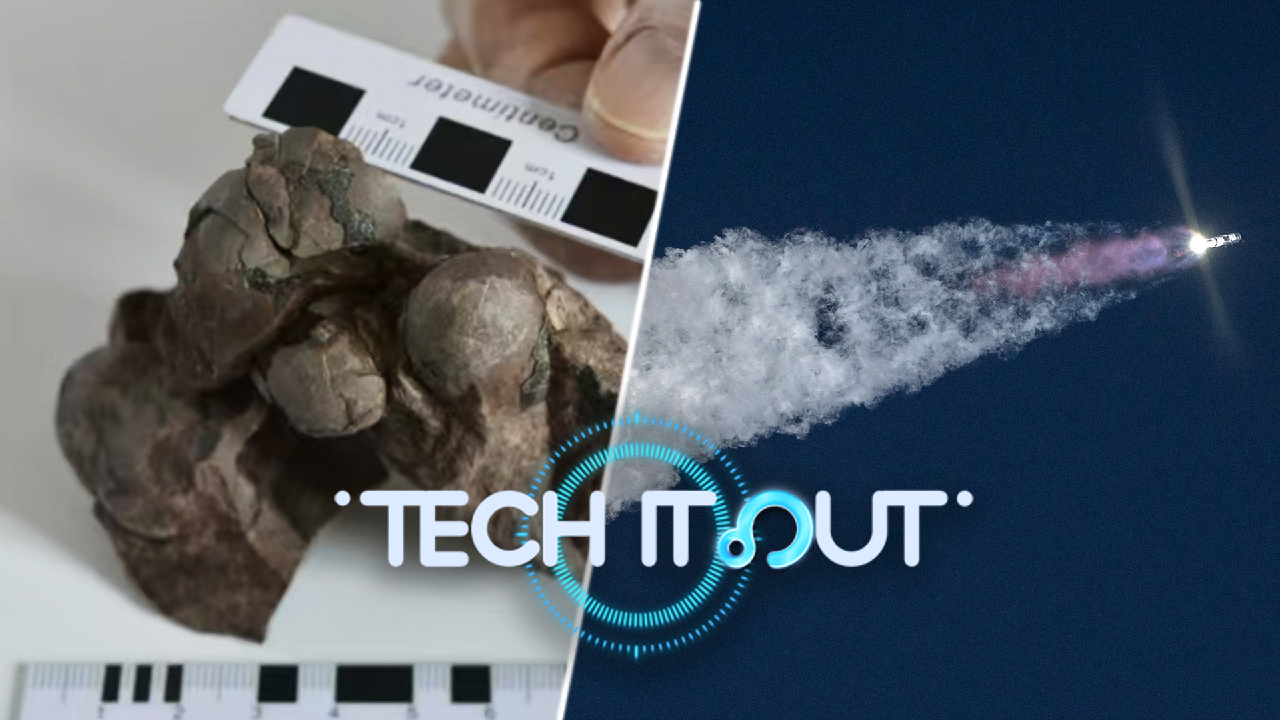Science Saturday Explores AI, Dinosaur Egg Fossils, and Lunar Exploration
Science Saturday: AI, dinosaur egg fossils, and lunar exploration.

Artificial intelligence has played a pivotal role in the discovery of five small planets. Each of these planets is smaller than Earth and possesses an orbital period of less than a day. The team of astronomers, spearheaded by researchers in China, utilized an AI algorithm in conjunction with NASA's Kepler space telescope, drastically improving the efficiency of locating Earth-like planets. This breakthrough marks a significant leap forward in leveraging AI for astronomical data analysis.
**Dinosaur Egg Fossil**
Recently, the smallest dinosaur egg in the world was discovered in China. Measuring just over 2.5 centimeters in length, this egg was one of six unearthed at a construction site in Ganzhou, located in Jiangxi Province, in 2021. After three years of study, researchers confirmed that these eggs date back to the Late Cretaceous period, over 80 million years ago. This discovery holds the potential to provide insights into the reproductive behaviors and diversity of dinosaurs.
**Lunar Exploration**
Chinese scientists have taken a notable step forward in space exploration by creating bricks from a material that mimics lunar soil. These "lunar bricks" are reported to be three times stronger than conventional red bricks or concrete. The goal is to establish resilient infrastructure for prospective lunar bases. These bricks will be sent to China's space station for durability testing, with the first brick expected to return to Earth by 2025.
**Reusable Rocket**
SpaceX has achieved a significant milestone by successfully capturing a returning Starship rocket during its fifth flight test. The 122-meter Starship was launched on October 13 from southern Texas. Unlike its previous flight, where it splashed down in the Gulf of Mexico, this time the Starship was caught midair by a set of metal "chopstick" arms. This marks the first successful execution of such a maneuver.
Frederick R Cook contributed to this report for TROIB News
Discover more Science and Technology news updates in TROIB Sci-Tech












